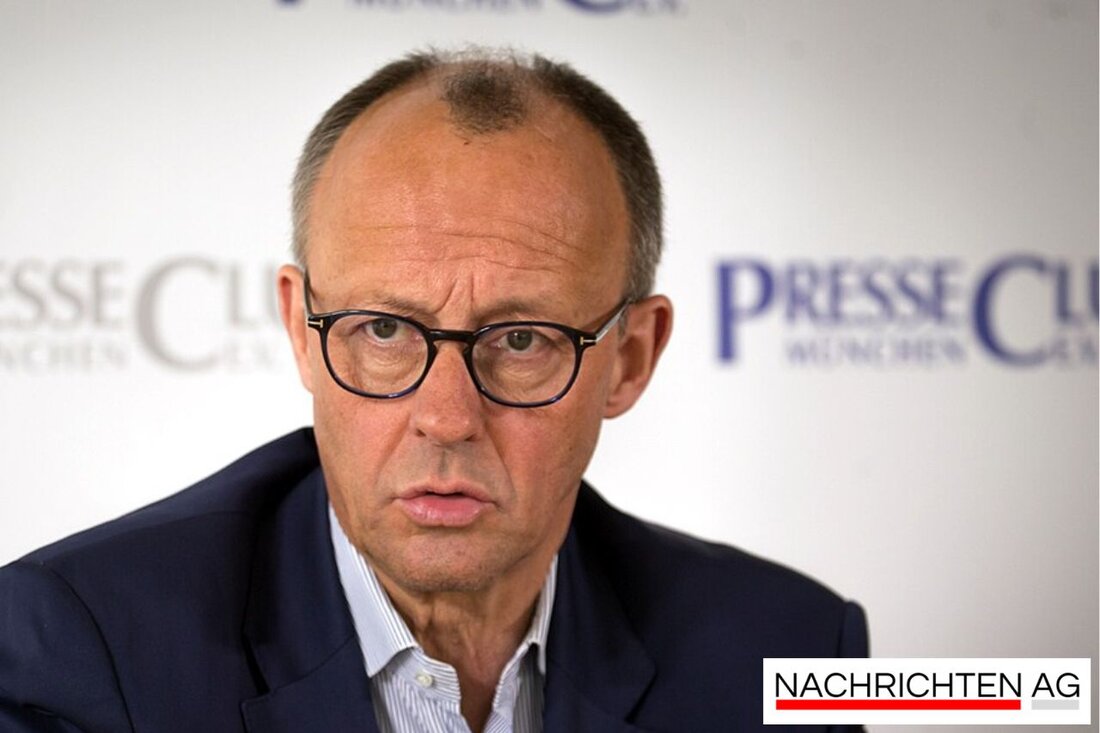Germany in a dilemma: sanctions against Israel in sight?
Germany is under pressure over its Israel policy as the international situation in the Middle East conflict escalates.

Germany in a dilemma: sanctions against Israel in sight?
The federal government is currently being criticized because Germany has isolated itself in the international debate about the Middle East conflict. According to Middle East expert Peter Lintl, the Federal Republic is in a “somewhat isolated” position when it comes to its support for Israel. It is no secret that around three quarters of all UN member states recognize a state of Palestine, but Germany is not one of them. This immobility means that the government is only willing to recognize a Palestinian state under certain conditions, namely after peace negotiations, which are unlikely to happen in the foreseeable future. The current Israeli government in particular is looking at possible solutions with a negative attitude, and Lintl emphasizes that so far there is no credible way to support a Palestinian state, as ZDF today reports.
The conflict between Israel and Hamas is causing enormous tension in the political landscape. Lintl highlights that the German government has made a remarkable turnaround by imposing an arms embargo on Israel, something that would have been unimaginable a few years ago. In the coming months, Chancellor Friedrich Merz is expected to address the federal government's stance on possible sanctions against Israel - a topic that is further fueling the public debate.
The difficult situation in the Middle East
The situation in the Middle East is tense to the point of collapse. While British Foreign Minister Yvette Cooper pointed out the acute dangers to the two-state solution at the UN conference, she also called for an immediate ceasefire between the Israeli military and Hamas. The reasons for the impending failure of this solution are complex, ranging from ongoing bloodshed to human starvation to the violent expansion of Israeli settlements. British pressure on the international community to recognize a Palestinian state could represent a turning point after Great Britain and Canada recently declared their commitment to Palestinian statehood, as stern.de reports.
The idea of a two-state solution, based on the 1947 UN Partition Plan, continues to be seen as the most viable path. But there are unresolved issues that need to be addressed before implementation, including separation and border lines, as well as challenges arising from Israel's settlement policy in the West Bank. This complexity is the reason why some experts are considering alternative solutions such as the one-state solution or the three-state solution, even if the majority reject these as unlikely.
Global perspectives
The idea that international actors could play a key role in the peace process is being sought from various quarters. Currently, measures such as the review of the Association Agreement between the EU and Israel, which is based on human rights and democratic principles, act as a potential means of pressure. Suspending this agreement could be a way to confront Israel and push for humane changes in Gaza.
But while the international community is called upon to do its duty, there is deep mistrust on the ground - between Israel, Palestinians and the states that want to act as mediators. Lintl explains that in order to resolve the conflict, forces with support and trust in both nations are necessary in order to achieve true peace, which is made even more urgent, not least by the current humanitarian crisis.
The world is waiting for a solution that goes beyond temporary peace situations. The road is rocky, but in the turbulent situation there could perhaps be a glimmer of hope, which can be brought about by viable international and national strategies, as Wiener Zeitung, among others, states.

 Suche
Suche
 Mein Konto
Mein Konto